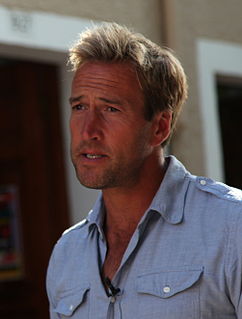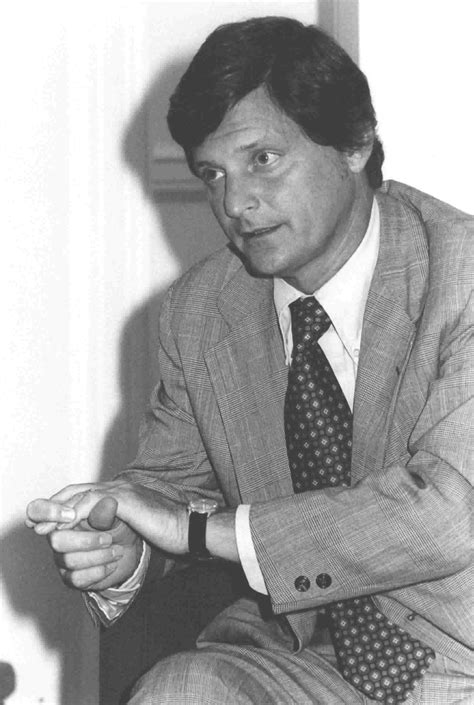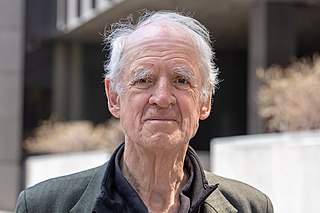A Quote by Frances Moore Lappé
The notion that economic life is a distinct realm, governed by immutable laws of narrow self-interest, is giving way to a much older notion: economic life is only one strand in the rich web of human relationships.
Related Quotes
The nature of the economic system should be a matter for public choice, and free market capitalism should not be accepted without any discussion of the rich variety of alternatives ... Unlike civil laws, economic laws are imposed on people with all the authority of immutable laws of nature. But the economy is created by people, supported by government intervention, regulation, statute and subsidy, and implemented in such a way that it gives substantial wealth and power to a privileged few, while the majority face a life of relentless work, stress and periodic financial insecurity.
The denial of "self" challenges only the notion of a static self independent of body and mind-not the ordinary sense of ourself as a person distinct from everyone else. The notion of a static self is the primary obstruction to the realization of our unique potential as an individual being. By dissolving this fiction through a centered vision of the transiency, ambiguity, and contingency of experience, we are freed to create ourself anew.
Every attempt, by whatever authority, to fix a maximum of productive labor by a given worker in a given time is an unjust restriction upon his freedom and a limitation of his right to make the most of himself in order that he may rise in the scale of the social and economic order in which he lives. The notion that all human beings born into this world enter at birth into a definite social and economic classification, in which classification they must remain permanently through life, is wholly false and fatal to a progressive civilization.
The economic distress of America's inner cities may be the most pressing issue facing the nation. The lack of businesses and jobs in disadvantaged urban areas fuels not only a crushing cycle of poverty but also crippling social problems such as drug abuse and crime… A sustainable economic base can be created in the inner city, but only as it has been created elsewhere: through private, for-profit initiatives and investment based on economic self-interest and genuine competitive advantage.
I am not interested in dry economic socialism. We are fighting against misery, but we are also fighting against alienation. One of the fundamental objectives of Marxism is to remove interest, the factor of individual interest, and gain, from people's psychological motivations. Marx was preoccupied both with economic factors and with their repercussions on the spirit. If communism isn't interested in this too, it may be a method of distributing goods, but it will never be a revolutionary way of life.
We can conceive a thinking being to have either many or few perceptions. Suppose the mind to be reduced even below the life of anoyster. Suppose it to have only one perception, as of thirst or hunger. Consider it in that situation. Do you conceive any thing but merely that perception? Have you any notion of self or substance? If not, the addition of other perceptions can never give you that notion.
In view of the importance of philanthropy in our society, it is surprising that so little attention has been given to it by economic or social theorists. In economic theory, especially, the subject is almost completely ignored. This is not, I think, because economists regard mankind as basically selfish or even because economic man is supposed to act only in his self-interest; it is rather because economics has essentially grown up around the phenomenon of exchange and its theoretical structure rests heavily on this process.
Gandhi rejects the Adam Smith notion of human nature as motivated by self-interest and brute needs and returns us to our spiritual dimension with its impulses for nonviolence, justice and equality. He exposes the fallacy of the claim that everyone can be rich and successful provided they work hard. He points to the millions who work themselves to the bone and still remain hungry.



































